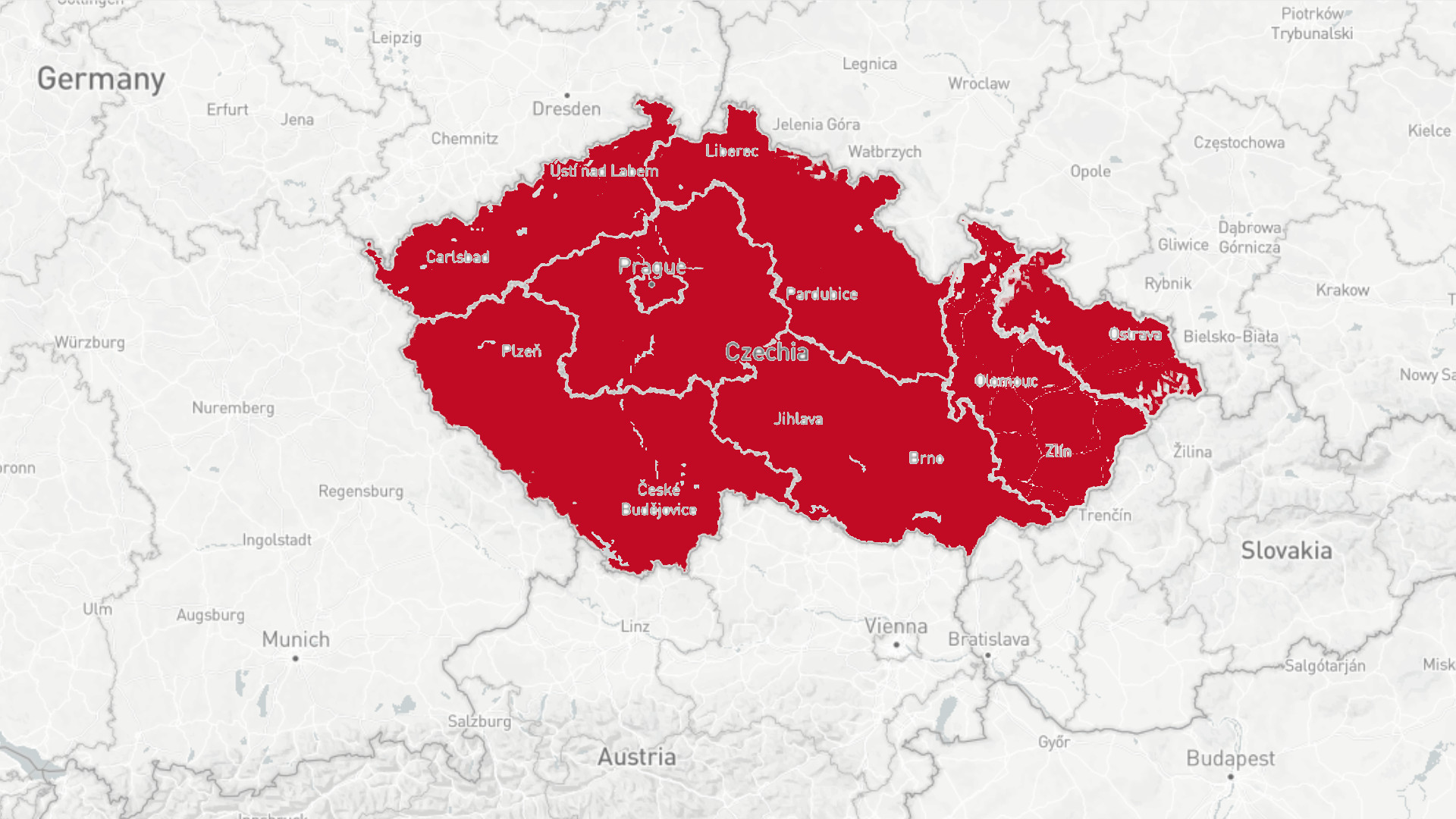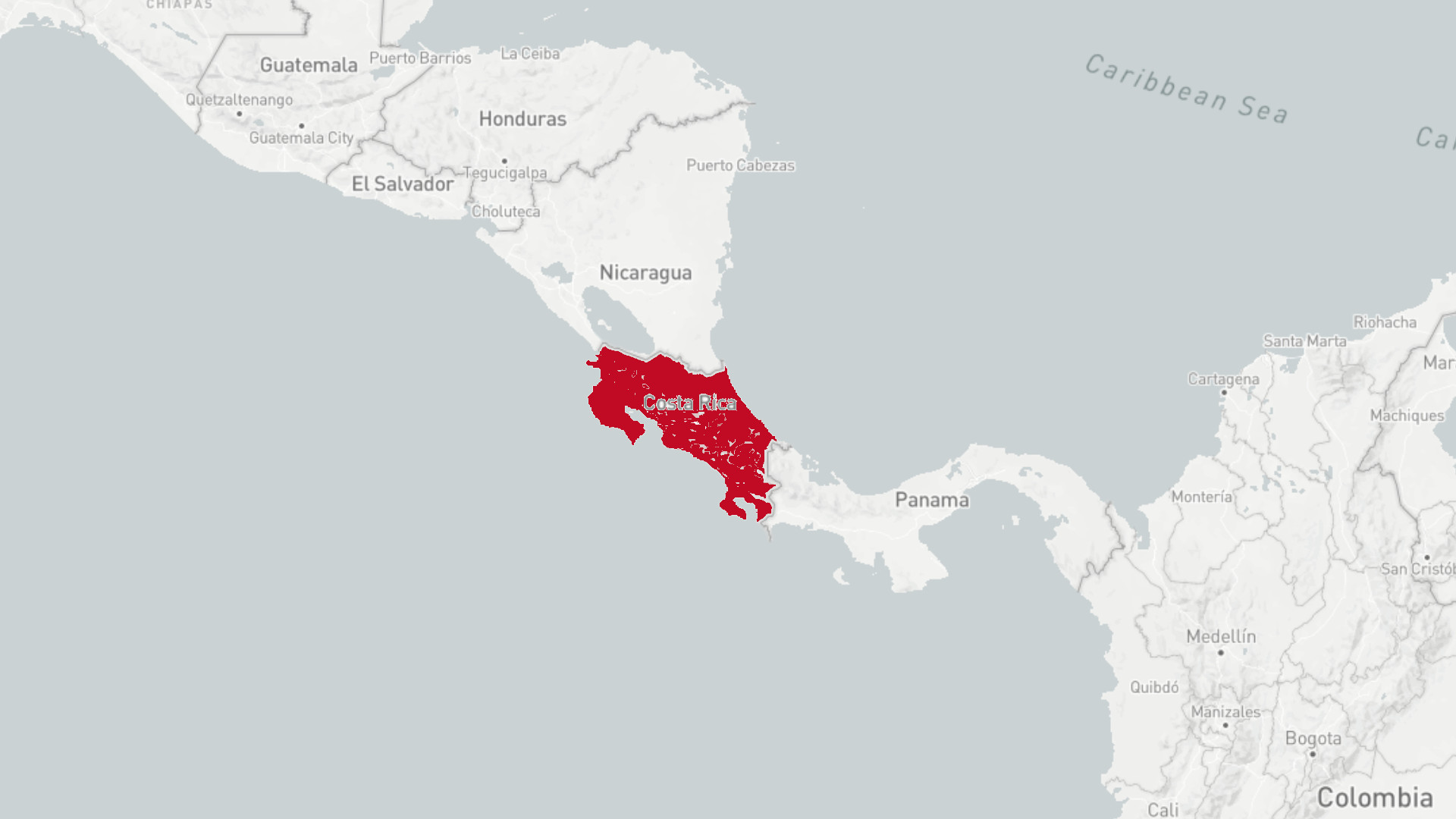Covid-19 and the lockdown in Uzbekistan and Germany
written by

Janek Kronsteiner
Covid-19 is the name of a virus, which has started a global pandemic. Millions of people are infected with the Coronavirus, thousands have died. In the summer of 2020, some countries seem to have less problems with the virus than others. One of the well-off countries is the European state of Germany. The country is a global powerhouse when it comes to healthcare and welfare. That’s why it is no surprise for most people, that Germany has overcome the harshest months of the Corona-crisis relatively well. Another country which seemed relatively fine at first, is the Central-Asian Republic of Uzbekistan. This is a little bit more surprising, knowing that Uzbekistan is ranked 108th in the Human Development Index of the United Nations.
Dilshod Asadullayev has studied journalism at the World Language University of Tashkent. He is intrigued by the coverage of the global corona pandemic by Uzbek news agencies and TV-Channels. “The public right now is well informed about the corona-virus,” Dilshod said. And it’s that way since the beginning. Even in March, when not many countries in the region were covering the severity of the virus, Uzbek media covered a lot of the rising issues linked to the Coronavirus.
Uzbekistan has now introduced a traffic-light-system for its regions. The colour of the “traffic-light” is changing, if there are too many new infections in a certain region. A red region is in full lockdown, in a green region the lockdown is lifted almost completely. Without the media, this system might be very hard to explain to people, Dilshod says, crediting state-TV but also independent newspapers.
The same system is in place in Germany and working well. Some districts, called “Landkreise” in German, had their risk-rating lowered to red, which was followed by intense media coverage on all platforms. One example is the Landkreis Rheda-Wiedenbrück in which a corona-outbreak in a meat factory lead to another lockdown. Media in Germany also focusses on the traffic-light-system when talking about measures against the virus. Up to date, Germany (80 million inhabitants) is proportionately well-off. In July around 200.000 people in Germany were infected with Covid-19. Around 9000 people had died. Measures against the coronavirus had mostly been lifted. Only big people-gatherings like concerts and festivals are still forbidden. The urgency to wear a mask in crowded places and stores is widely accepted by the population.
Right now, Uzbekistan has 36 Million inhabitants. The cases reported by Uzbek authorities are astonishingly low, only 18.000 cases are reported, only 93 people are confirmed deaths from Covid-19. The numbers of Infected people in Uzbekistan aren’t reliable, Dilshod Asadullayev explains. But also testing for the virus isn’t as widespread, as it is in Germany. We also must keep in mind, that a lot of Uzbek people life in rural areas in which on one hand testing isn’t as common, but also on the other hand, people live further apart of each other. In these places the virus might not spread as easily as in big cities like Tashkent.
Even if the numbers of infections seem low, since the beginning of July the numbers of confirmed Covid-19 cases have doubled in Uzbekistan. President Shavkat Mirziyoyev has already warned of the dangers of a second wave of infections. Now most experts are certain, Uzbekistan is right in the middle of a second wave. Back in June, Uzbek authorities felt safe. They lifted the lockdown and let life roll again. At this time the government of Uzbekistan was under pressure, because the economy seemed to collapse. In Uzbekistan there were also conditions to uphold with urgency – like keeping distance or wearing a mask. But it seems like many people weren’t too eager to follow these rules, Uzbek Media assumes.
Right now (21st of July) the traffic-light-system in the whole of Uzbekistan has turned to red. Medical staff is overworked, the hospitals are nearly hitting their capacities. The country is in lockdown again. There are no family-gatherings, no marriages taking place. Most businesses have closed, and Uzbek citizens are not allowed to meet up in groups of three or more. These rules are in place until August 1st, the Minister of the Interior Shohruh Giyasov said to the media. Most belief that the lockdown will stay even longer.
Still the government of Uzbekistan is trying to vitalize the economy, especially the tourism sector. The reopening of most hotels is scheduled for August 1st. The hotels are required to gain certifications for sanitary and epidemiological safety from the government, if they want to accommodate international tourists.
The national tourism agency is now taking desperate measures: They are offering tourists 3000 Dollars, if they catch the coronavirus while in Uzbekistan. The government is putting their confidence in the hygiene measures that are implemented. “Now president Mirziyoyev is putting money where his mouth is”, UK-tourism ambassador Sophie Ibbotson said lately. The compensation is linked to some conditions: a tourist is required to travel with a local tour guide, who is trained to help the tourist to always meet the sanitary standards required.
In Germany the tourism sector will rely mostly on Germans staying home. Many Germans choose to stay inland and travel to nearby destinations like the Alps or the Baltic Sea.
When it comes to the coronavirus the German Government has taken some crucial steps to limit Covid19-cases. It seems, the measures are responsible for the detente of the situation. In Uzbekistan the government first had similar restrictions in place – with success at first. But now it seems as if the government has lost control and the lockdown is the only way to keep the virus from spreading. Still the second wave of infections is even more devastating, than the first ever was. And even so they are trying everything to get international tourist to fly in, Uzbekistan is not a hot travel destination this summer.

















